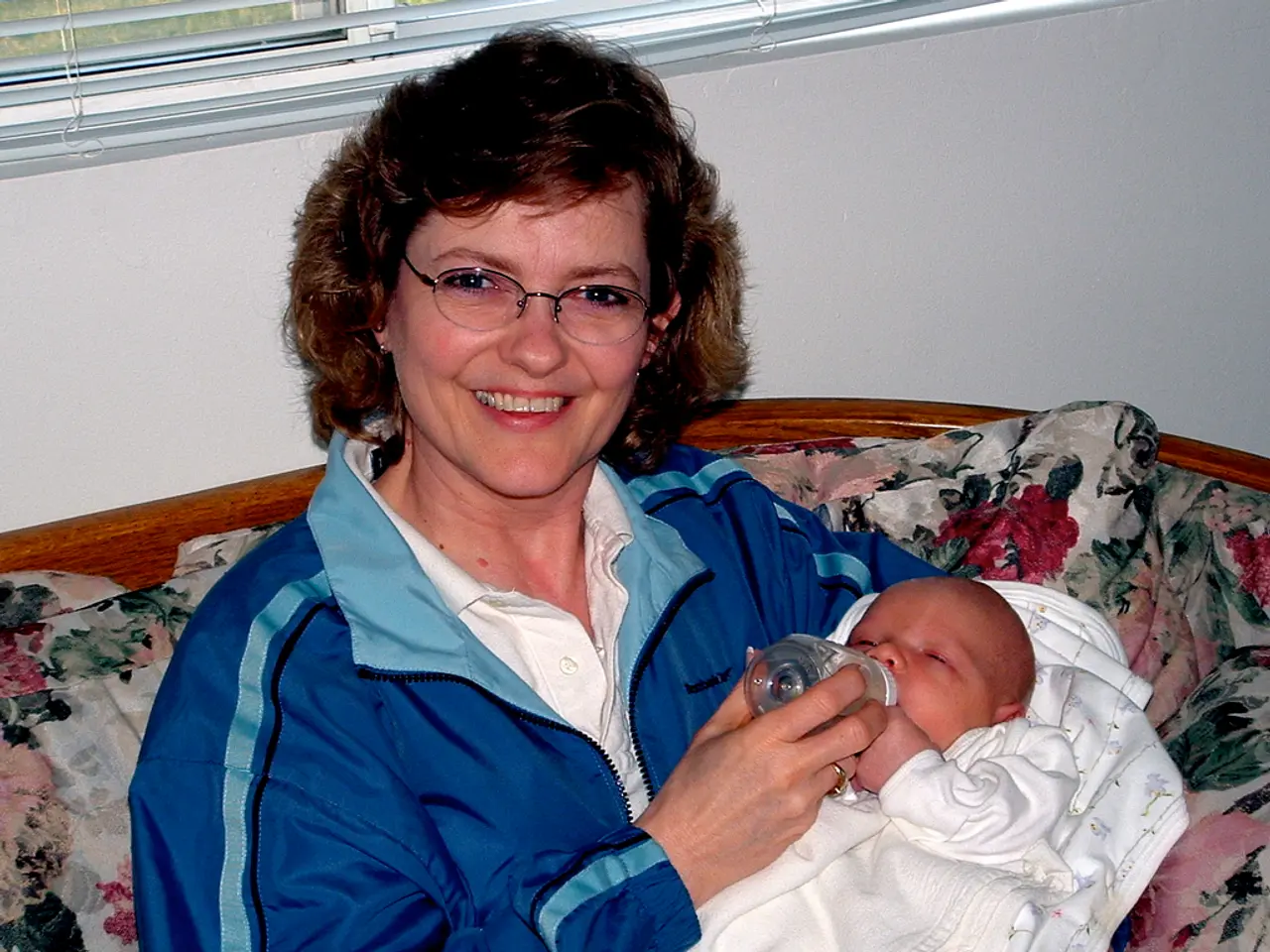Controversy Surrounding Daycare Centers: "Election Promises Prove Deceptive and Misleading" - Political argument over Kitas: "Election pledges are mere distraction and illusion"
In North Rhine-Westphalia, a region known for its commitment to early childhood education and care, a heated debate has arisen over the government's handling of the expansion of daycare places and related policies.
The opposition leader, SPD's Ott, has accused the government of failing to adequately address the expansion of daycare places, citing funding failures and closed daycares as evidence. This criticism comes as thousands of Kita (kindergarten) places are reportedly missing in the region, leaving many families struggling to find suitable care for their children.
The controversy centres around the CDU-Green coalition agreement's promise to make the third Kita year before school entry completely free of charge throughout North Rhine-Westphalia. However, it appears that this promise may not be fulfilled as planned, with no fee-free third Kita year in the year before the NRW election in 2026 budget, according to recent announcements.
Finance Minister Marcus Optendrenk has defended the government, stating that the coalition agreement has always been subject to a budget reservation. Meanwhile, FDP MP Marcel Hafke and the AfD have joined the opposition in criticising Minister of Children and Families Josefine Paul for not prioritising early childhood education.
Jens Kamieth, a CDU MP, has promised a new amendment for the Children's Education Act (KiBiz), but a specific timeline remains unclear. In response, Paul has announced an increase in the per-child flat rate for providers by almost 10 percent for the new kindergarten year, which some see as a step towards addressing the issue.
The situation is particularly concerning given the high number of people affected by poverty in North Rhine-Westphalia. Last year, 3.2 million people, or every sixth inhabitant, were threatened by poverty, with many of them being children.
Minister President Hendrik Wuest, who made advocating for children a mission when he took office in the fall of 2021, has held his annual children's press conference recently. However, the opposition has accused him of breaking promises on central election promises in child policy.
In a bid to address the issue, the state government has already injected an additional 500 million euros into the system in 2025, with an additional 370 million euros planned for Kitas in 2026. Despite this, concerns remain over the lack of funding for initiatives like language promotion and fresh lunch in daycare centres, according to Vera Hopp from the VKJ.
With less than two years until the next state election in 2027, the government will need to address these concerns and deliver on its promises to ensure the continued support and development of early childhood education in North Rhine-Westphalia.
- The heated debate in North Rhine-Westphalia concerning early childhood education and care largely revolves around small and medium-sized undertakings, as these are the daycare facilities primarily affected by the controversy.
- The state government's decision to prioritize the expansion of daycare places, particularly the third Kita year before school entry, aligns with the policies and sustainable living approaches that are often associated with home-and-garden, lifestyle, and education-and-self-development segments.
- The promise of a fee-free third Kita year throughout North Rhine-Westphalia, as outlined in the CDU-Green coalition agreement, can be viewed as a significant policy-and-legislation initiative aimed at improving access to early childhood education.
- With a large number of families in North Rhine-Westphalia struggling to find suitable care for their children, the ongoing discussions about early childhood education and care are not just political matters but touch upon issues of general-news and learning, impacting the wellbeing and future prospects of children, a key focus for advocacy groups like VKJ.




